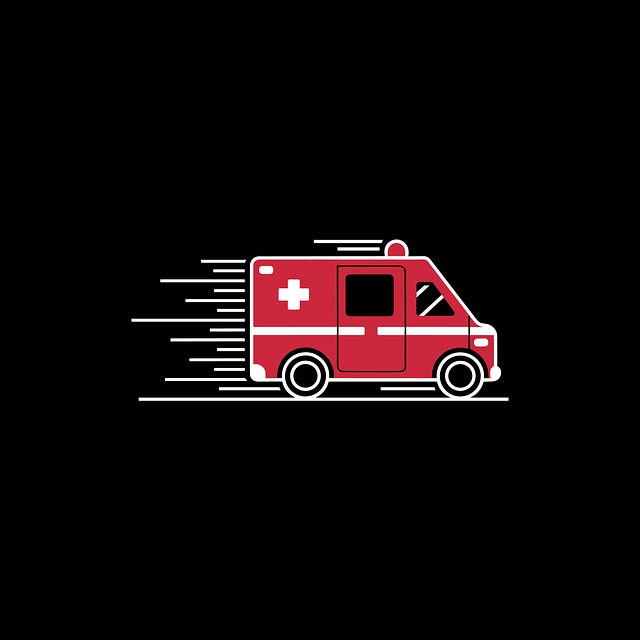Survivors leaving Heartland Behavioral Health face a unique healing journey, shaped by their past experiences. Key steps towards recovery include rediscovering interests, setting goals, and reconnecting with loved ones. Support groups, therapy services, and online communities offer guidance and safe spaces for sharing and coping strategy development. Personalized aftercare planning, utilizing resources like workshops and peer mentoring, along with a robust support network, is crucial for effective long-term recovery tailored to each individual's needs.
“After navigating the complex journey with Heartland Behavioral Health, many survivors seek resources to aid their path towards healing and long-term recovery. This article is designed as a comprehensive guide for those who have emerged from the experience, offering clarity and support. We explore essential aspects of understanding your unique recovery journey, connecting you with available support groups and community resources, and providing tools to create a personalized aftercare plan. Discover strategies to empower your recovery process and reclaim your life.”
- Understanding Your Journey After Heartland Behavioral Health
- Available Support Groups and Community Resources for Survivors
- Creating a Personalized Aftercare Plan: Tools and Strategies for Long-Term Recovery
Understanding Your Journey After Heartland Behavioral Health

After leaving Heartland Behavioral Health, many survivors find themselves at a crossroads, navigating uncharted territories as they chart their course to recovery and rebuilding. This journey is uniquely personal, filled with emotions that range from relief to uncertainty, and everything in between. It’s essential for individuals to acknowledge and process these feelings, understanding that healing isn’t linear. Each person’s path will differ, shaped by the unique experiences and challenges faced during their time at Heartland Behavioral Health.
Recognizing that your journey is valid and understandable is a powerful step forward. This period may involve rediscovering interests, setting personal goals, and rebuilding connections with friends and family. Resources like support groups, therapy services, and online communities specifically designed for Heartland Behavioral Health survivors can offer invaluable guidance and a sense of belonging. These networks provide a safe space to share experiences, gain insights from others’ journeys, and develop coping strategies tailored to the challenges faced during treatment.
Available Support Groups and Community Resources for Survivors

For those who have experienced the journey of recovery at Heartland Behavioral Health, the road ahead may seem uncertain. Fortunately, there are numerous support groups and community resources available to assist survivors in their healing process. These networks provide a sense of belonging and understanding, offering peer-to-peer connections that can be invaluable for long-term well-being. Support groups facilitate open discussions, allowing individuals to share their stories, gain insights, and offer encouragement to one another.
Community resources extend beyond these groups, encompassing a wide range of services tailored to specific needs. Whether it’s accessing counseling services, joining therapeutic workshops, or participating in social activities designed for recovery, survivors can find tailored support. Heartland Behavioral Health often collaborates with local organizations to ensure that survivors have access to comprehensive care, fostering a supportive environment where healing and growth can flourish.
Creating a Personalized Aftercare Plan: Tools and Strategies for Long-Term Recovery

After completing a behavioral health program at Heartland Behavioral Health, creating a personalized aftercare plan is essential for long-term recovery. This involves identifying and implementing strategies tailored to individual needs and preferences. Survivors should consider what works best for them – whether it’s attending support groups, practicing mindfulness techniques, or connecting with a therapist – and create a structured routine that incorporates these activities.
There are numerous tools available to facilitate this process. Many organizations offer aftercare programs specifically designed for behavioral health survivors, providing resources like educational workshops, peer mentoring, and access to online communities. Additionally, setting achievable goals, maintaining open communication with healthcare providers, and building a strong support system – both within the community and among loved ones – are critical components of crafting an effective, personalized aftercare plan.
After navigating the challenges at Heartland Behavioral Health, survivors now have a roadmap to long-term recovery. By understanding their unique journey, leveraging available support groups and community resources, and creating a personalized aftercare plan, individuals can embrace a brighter future. Remember that healing is a continuous process, and with the right tools and strategies, it’s possible to thrive once again.
